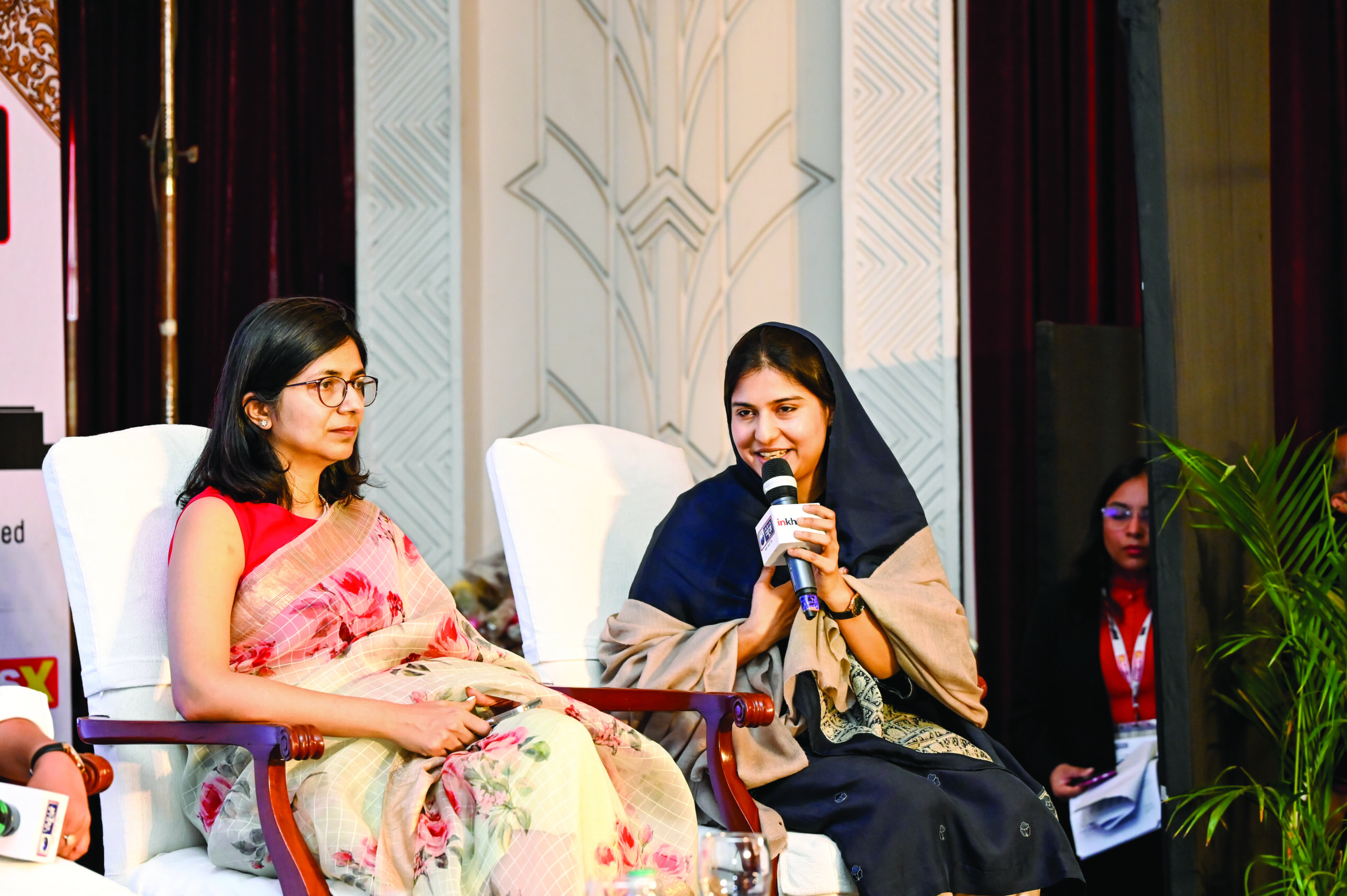The bill marks a significant milestone, its implementation remains stalled, awaiting the next census and the completion of the delimitation process.
New Delhi: The issue of women’s reservation in Indian politics has often invited a lot of debates and discussions, but the matter was reignited following the passage of the Women’s Reservation Bill in Parliament.
While the bill marks a significant milestone, its implementation remains stalled, awaiting the next census and the completion of the delimitation process.
At the Legally Speaking dialogue organised by iTV Network at The Imperial Hotel, New Delhi, on Friday, the issue was discussed amongst several parliamentarians, including AAP MP Swati Maliwal, Samajwadi Party’s Iqra Hasan, INC MP Jebi Mather, and author and political strategist Shubhrastha.
Congress MP Jebi Mather, while talking about her party’s historical role in advocating women’s reservation, said that “Congress introduced 50% reservation for women in local bodies during Rajiv Gandhi’s tenure” but later acknowledged the numerous challenges that hindered the passage of the Women’s Reservation Bill during their time in power.
Samajwadi Party’s Iqra Hasan, who is one of the youngest MPs in Indian political history, underscored the importance of societal reforms in conjunction with political changes.
Talking about Norway, which has achieved 45% female representation in their Parliament, she noted that “this was not solely due to quotas but was complemented by policies that enabled women’s participation,” such as state-supported childcare, parental leave, and equal opportunity initiatives, which ultimately led to this transformation.
Swati Maliwal, while talking about the societal and patriarchal norms, highlighted that “opposition to women’s leadership goes beyond political parties as it’s deeply rooted in entrenched societal norms that prevent strong female voices from thriving in politics.”
“I’ve spent 20 years working on over 170,000 cases with the Delhi Commission for Women and became an MP. Yet, the challenges I’ve encountered reflect a larger issue—patriarchy within political parties
Political strategist Shubhrastha raised concerns about the quality of leadership within the reservation framework.“We often focus on numbers, but what about the quality of leadership? Women leaders must support one another and create systems that nurture more women in politics,” she said.
Although the passing of the Women’s Reservation Bill represents a significant transformation, the panelists agreed on the systematic and societal norms that still act as a barrier to women’s entry into the political arena.
The panel emphasised that women in Indian politics face distinct challenges, including gendered scrutiny and societal pressures on their appearance and behavior.
Overcoming these biases is crucial to evaluating women based on their skills and merit, not their gender or looks, they added.

